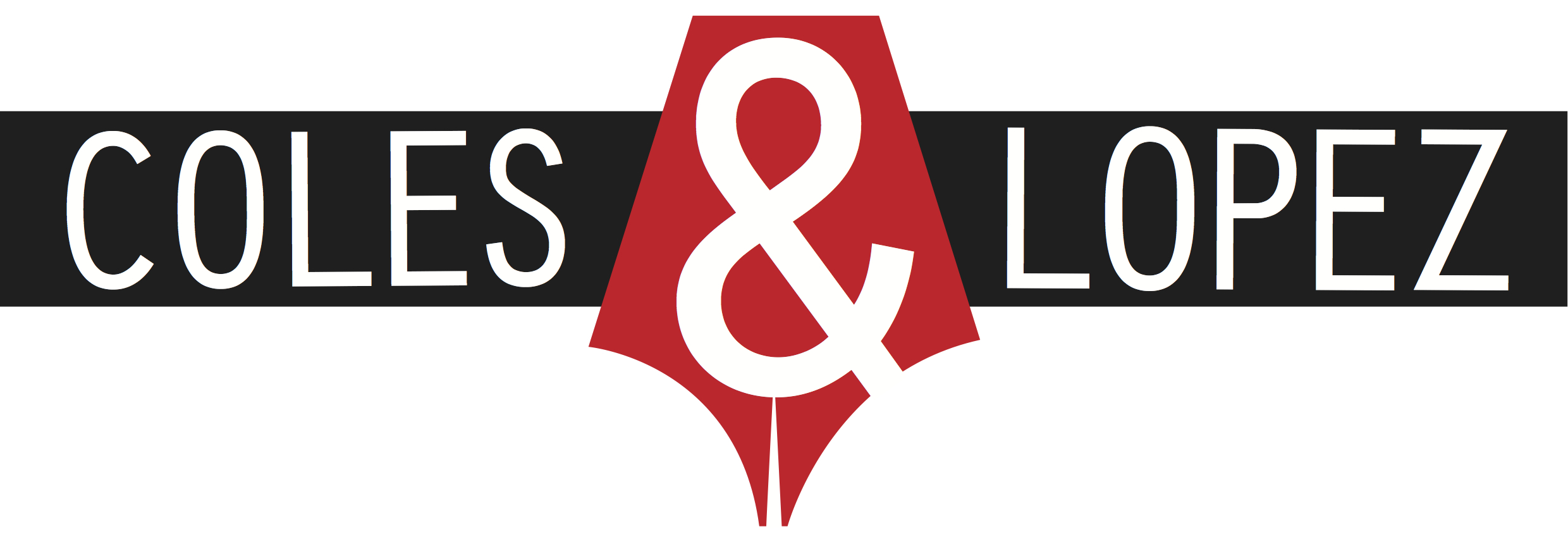Guy walks into a bar
This week’s grammar question comes from a reader. (Send us more of your suggestions! We love it!) She asks, “What’s the difference between ‘into’ and ‘in to’?”
“Into” is a preposition. Prepositions are words that describe the position of one thing in relation to another. This can be a physical position, as in “The bartender is behind the bar”, a position in time, as in “I stopped in for a drink after dinner”, or a figurative position, as in “The bartender and I discussed the weather, among other things”.
So “into” describes the relative position of two things. More specifically, it describes a movement wherein one thing becomes enclosed in another (“He poured the wine into my glass”) or changes into another (“As I sat there, twilight turned into night”).
The preposition “into” should always be written as one word. It is only correct to write “in to” when you’re not using the preposition at all – when “in” and “to” are separate words that just happen to fall next to each other. For example, the sentence “I just popped in to have a drink” combines two verb phrases, “popped in” and “to have a drink” – the “in” and “to” do not belong together and do not jointly describe the position of something. The same goes for the sentence “I gave in to temptation and ordered a top-up”.
Does the same rule apply to “onto” and “on to”?
Of course not – that would be far too easy. Although “on to” is, just like “into”, a preposition, the formal rule is that it should always be written as two words. “Onto” is common in US English, and we British English speakers are rapidly following suit, but my advice is to play it safe and stick to the formal “on to” for now.
In a nutshell
“Into” is a preposition that describes one thing becoming enclosed in another or changing into another, either literally or figuratively. It should always be written as one word. Only leave a space between “in” and “to” when they are not a preposition but just happen to fall next to each other in a sentence. The preposition “on to”, on the other hand, should technically be written as two words (although “onto” is increasingly common).
Bonus hilarity
The title of this blog post reminds me of a witty little piece from the New Yorker. This should cheer you up on your Monday morning (but be warned, it’s a bit risqué).

